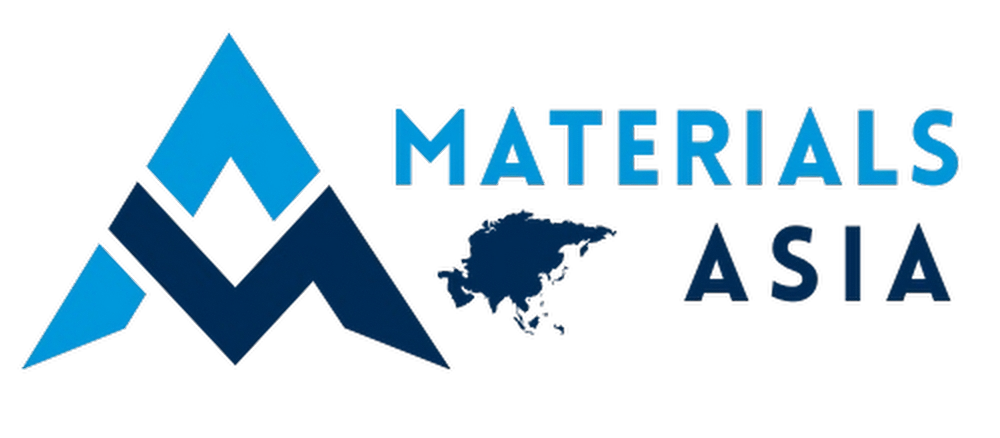Advanced Materials and Manufacturing
Advanced Materials
Advanced Materials and Manufacturing
Key Topics
- Materials Characterization & Imaging
- Advanced Materials for Engineering Applications
- Photonic & Plasmonic Metamaterials
- Engineered Surfaces and Coatings
- AI, Modeling, and Simulation for Advanced Materials Design
- Drug, Biomolecule, and Vaccine Delivery
- Polymers: sustainability, processes, applications & characterization
- Semiconductor Industry - Challenges and Opportunities
- Materials for Harsh Environments
- Materials for Hydrogen Economy
- Materials for Extreme Miniaturization
- Additive Manufacturing and 3D Printing
Advanced Materials
Advanced Materials and Manufacturing: Powering the Future of Sustainable Innovation
As the global economy advances toward decarbonization, digitalization, and decentralization, advanced materials and manufacturing are foundational to shaping resilient, sustainable, and high-performing systems. From enabling miniaturized electronics to accelerating breakthroughs in clean energy and biomedical applications, the field is redefining the limits of what materials can achieve—physically, chemically, and functionally.
This theme explores the convergence of materials innovation, digital design, and engineering excellence across scales and sectors. Emerging tools in materials characterization and real-time imaging are providing unprecedented visibility into structures and defects, unlocking pathways to performance optimization. At the same time, advances in metamaterials, engineered surfaces, and multifunctional coatings are enhancing optical control, biointegration, and extreme-condition tolerance.
Sessions under this theme will spotlight innovations in polymers and nanomaterials, materials for harsh environments, and hydrogen economy enablers—including catalysts, membranes, and energy storage frameworks. AI-driven simulations and digital twins will feature prominently as game-changers for accelerating discovery and tailoring materials with atomic-level precision. Opportunities and obstacles within the semiconductor industry, particularly at the threshold of extreme miniaturization, will also be explored.
Meanwhile, additive manufacturing and 3D printing are enabling decentralized production and structural complexity that were once unimaginable—reshaping supply chains in aerospace, healthcare, and beyond. Additional focus will be placed on novel delivery platforms for drugs, biomolecules, and vaccines, underscoring the vital role of material science in healthcare transformation.
Bringing together researchers, engineers, technology providers, and policymakers, this theme will foster dialogue, showcase case studies, and highlight cross-sector collaboration. It ultimately serves as a platform to envision how materials and manufacturing will fuel a smarter, cleaner, and more connected world.
